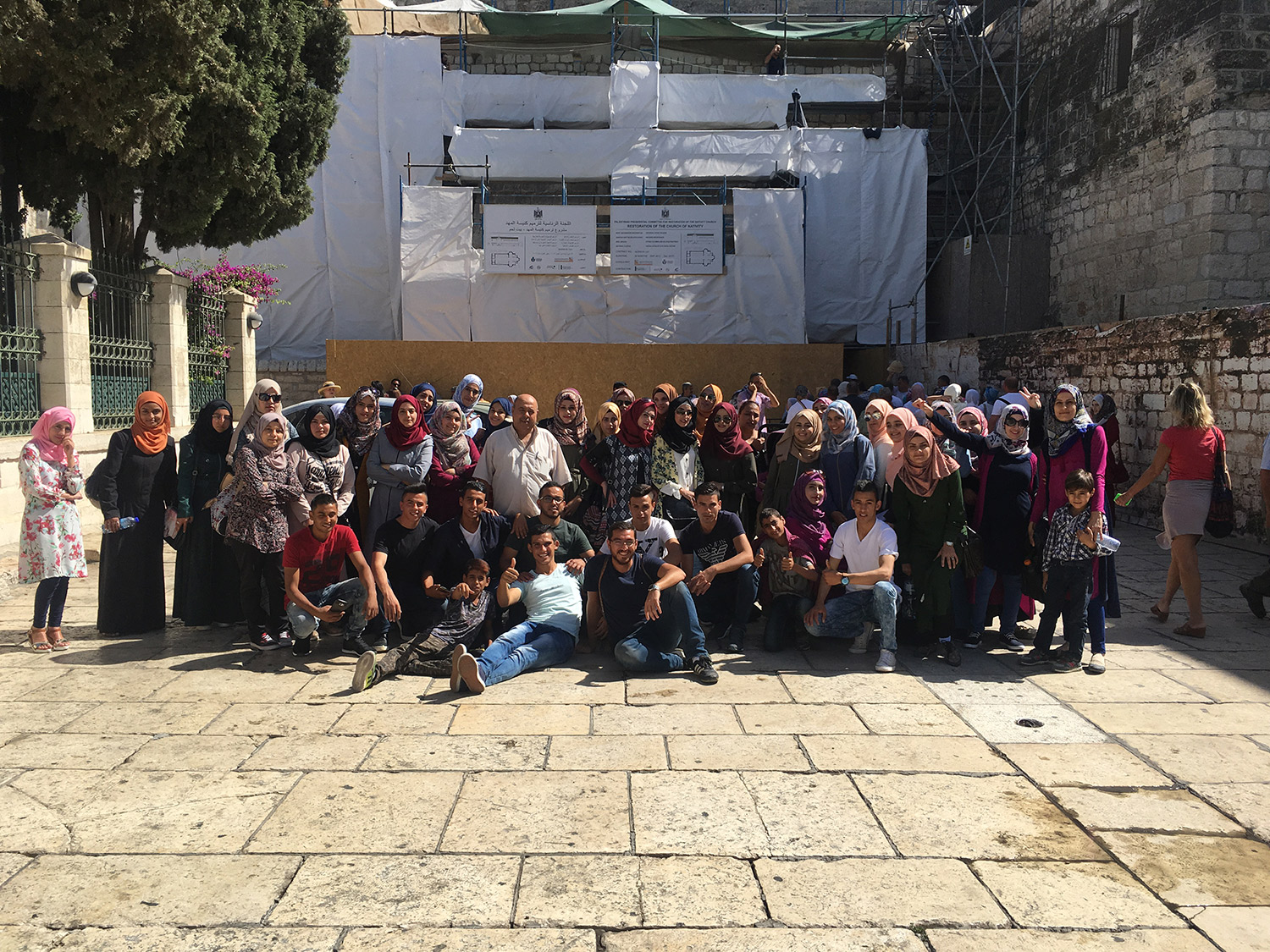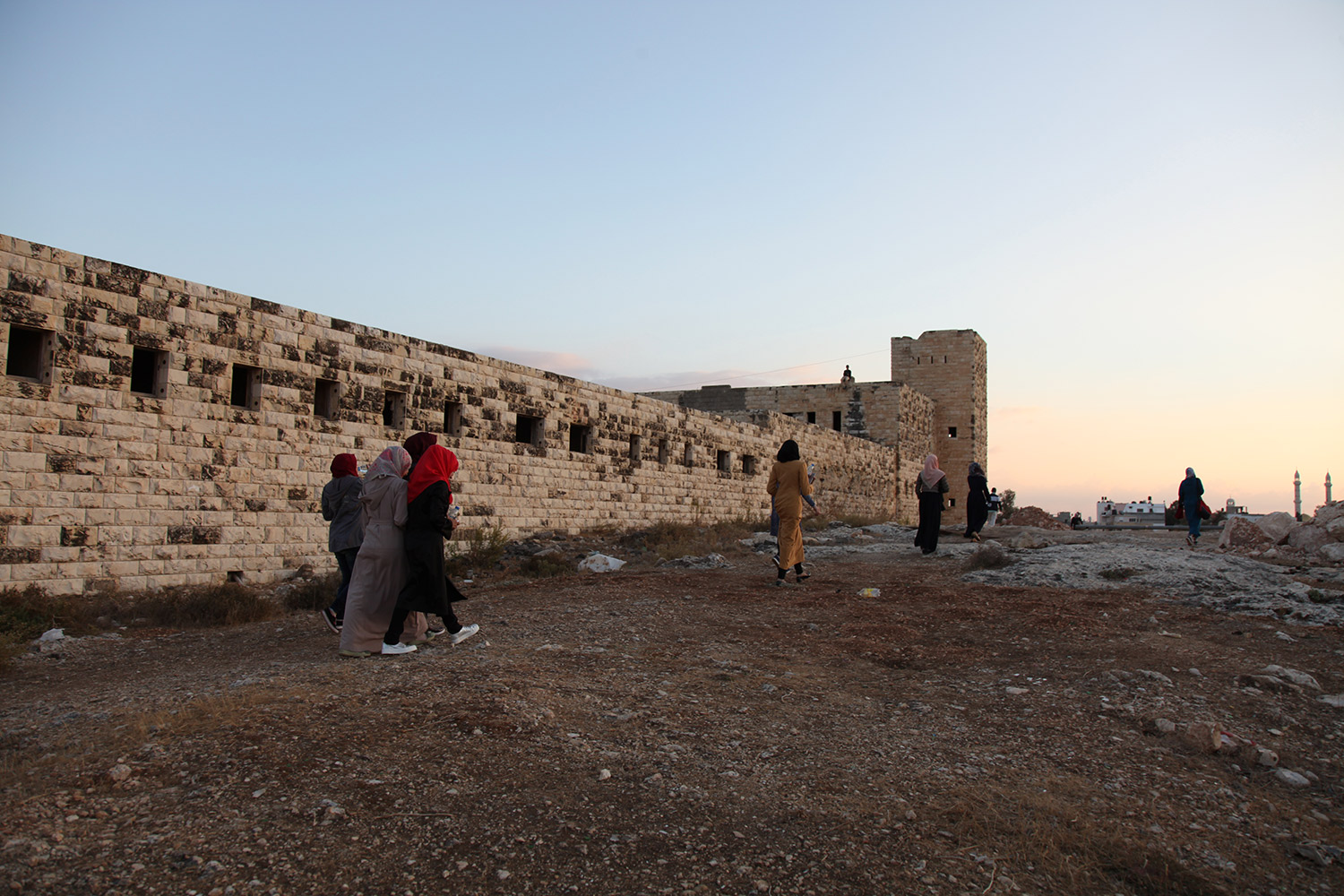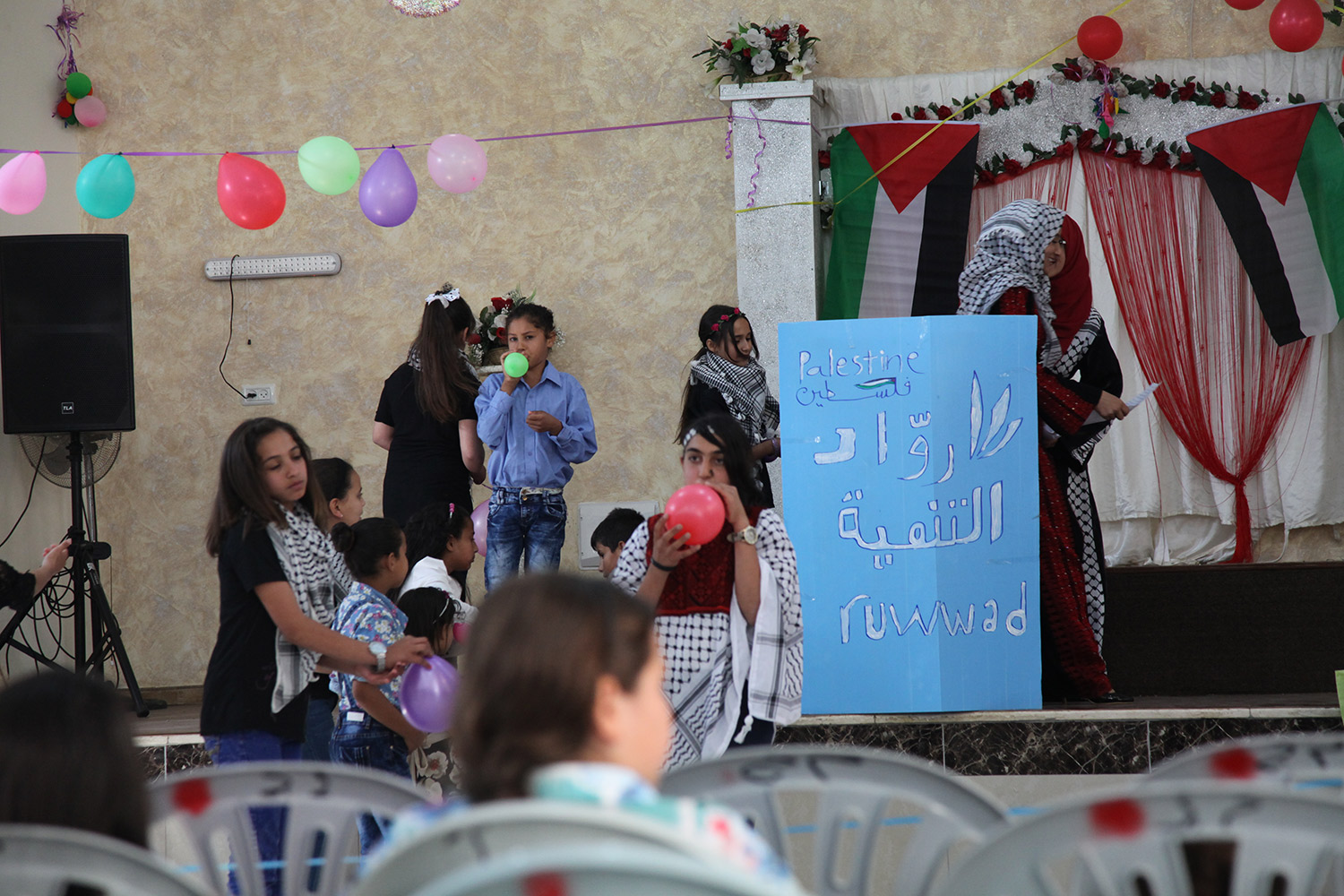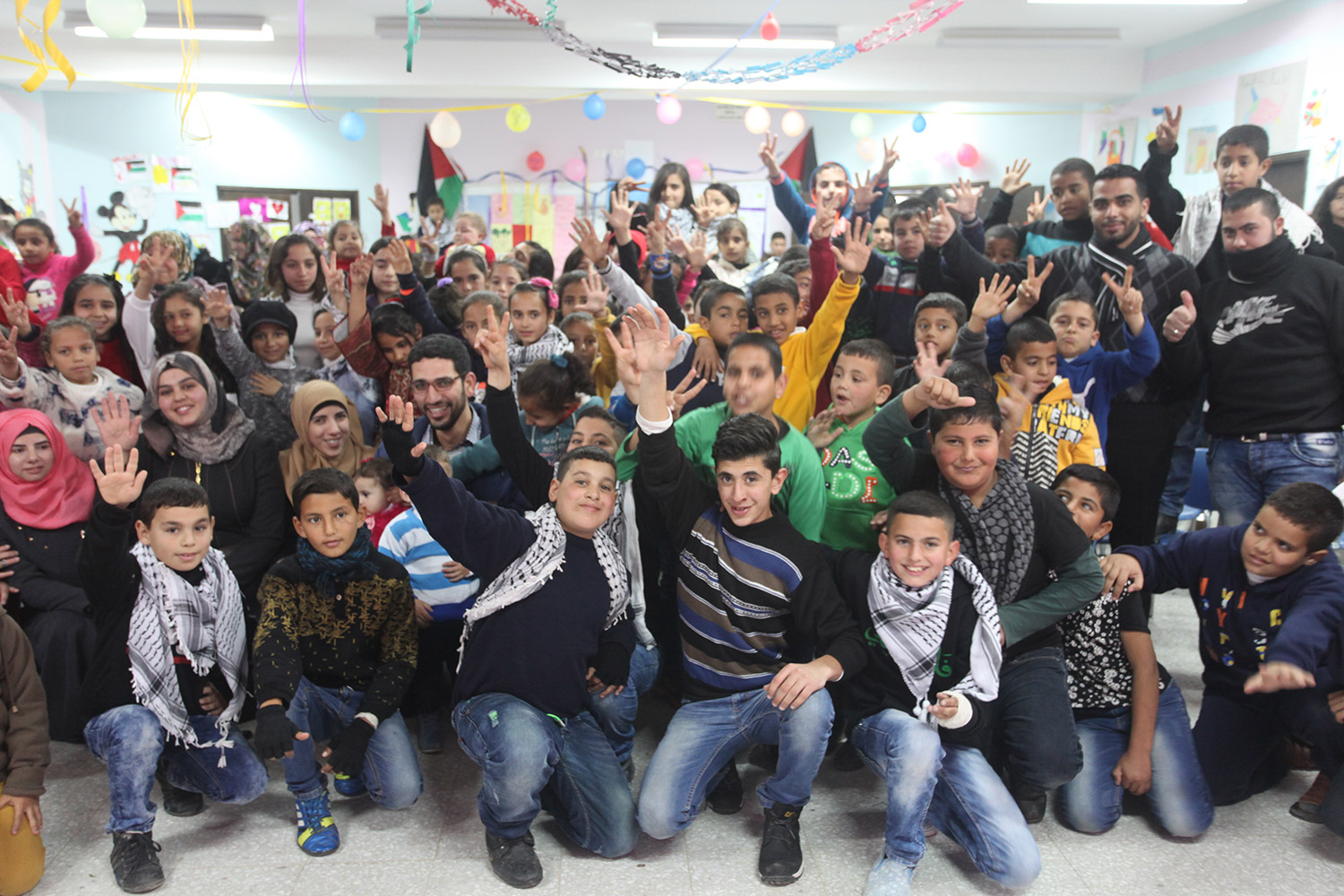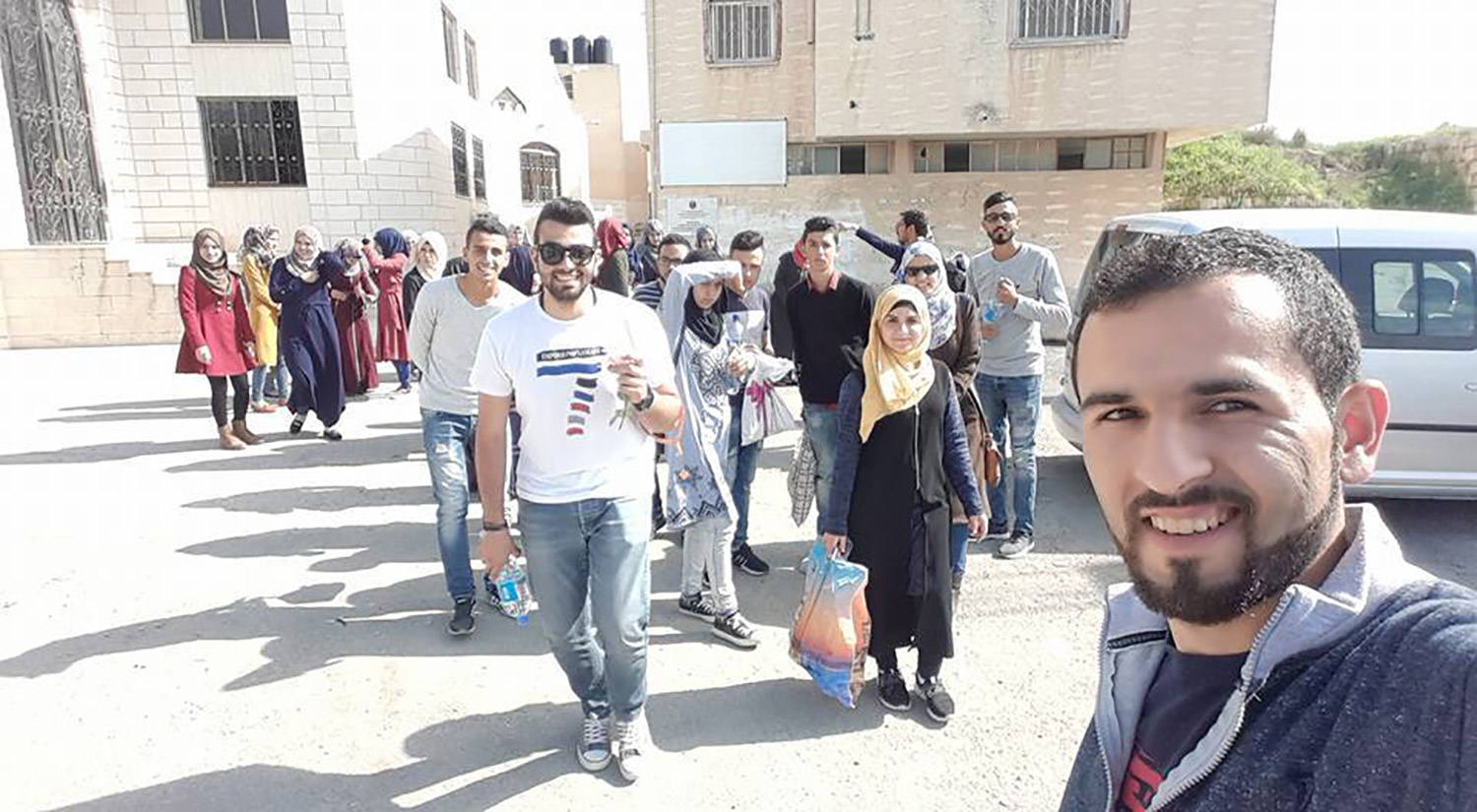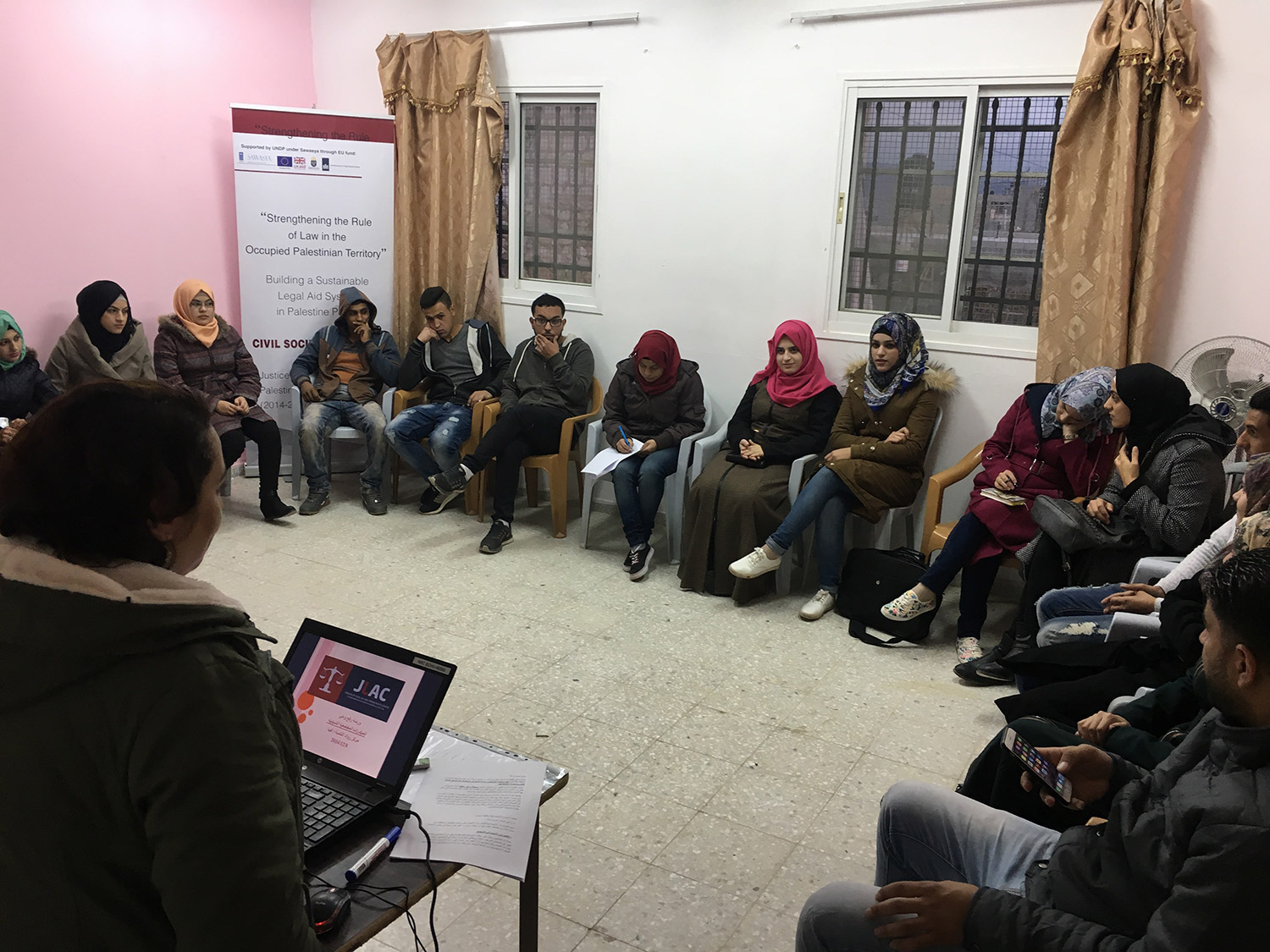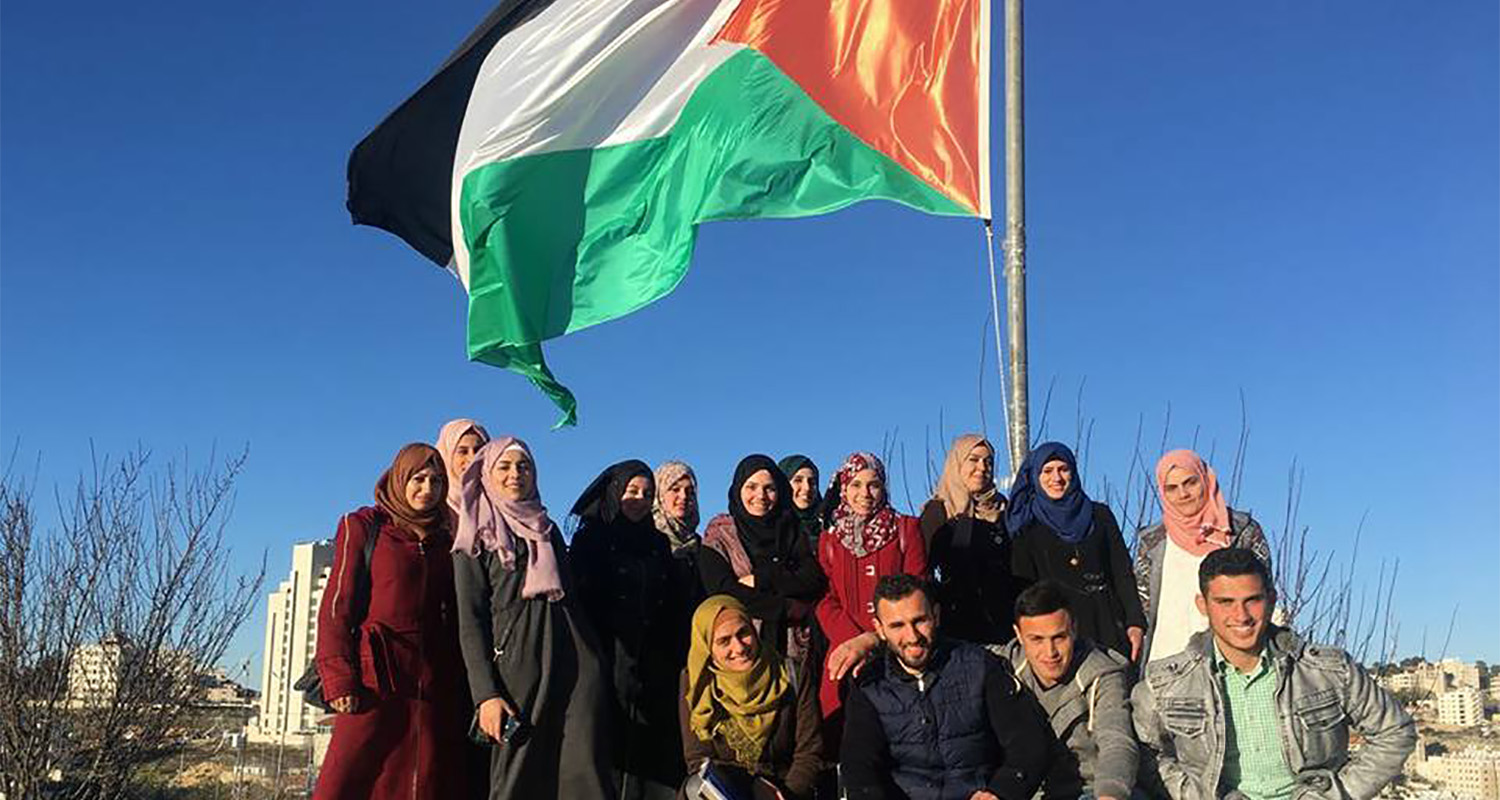Fadi Ghandour paved the way for Ruwwad’s expansion into Budrus, Palestine, after his 2011 talk about Rwwad at TEDxRamallah. Ayed Murrar, a community leader who was interviewed in the documentary film “Budrus” and who was present at the talk, struck a conversation with Fadi, which soon enough led to the creation of a small youth fund for Budrus, in partnership with Aramex’s West Bank manager, Wael Qassees, who is now also the Chairman of Ruwwad, Palestine. By 2014, the Fund was helping 89 youths access scholarships in exchange for community service hours in Budrus and four surrounding villages: Qibya, Shiqba, Ni’lin and Der Qiddis. All four villages are located in the Zone C area, which has been especially affected by the “Israeli” separation wall and the expansion of Mudi Ein, one of the biggest Israeli settlements in the West Bank. In 2016, the number of beneficiaries reached 155 scholars.
Ruwwad Palestine works with youth, children and women in five villages located in the west of Ramallah. Budrus, Qibya, Ni’lin, Der Qiddis and Shiqba used to be part of Ramleh prior to the 1948 Nakba, and have subsequently been annexed to Ramallah and Al-Beireh, after losing tens of square kilometers to the Israeli Occupation. The villages are, for the most part, poverty-stricken, suffering from various inequities and severe shortages of basic services.
Budrus
Its original area was 12 square kilometers. Today, due to the Israeli Occupation and systematic land confiscation, the village is only able to claim ownership of about eight square kilometers. With a population of around 2,000, the village suffers from high rates of truancy, destitution and soaring unemployment (40%). The village lacks a proper sewage system and faces regular electricity and water shortages.
Qibya
The population of Qibya counts for around 7,000, making it larger than all the surrounding villages. It is the only village in west Ramallah that lacks agricultural land and basic utilities, such as a sewage system and street lighting.
Ni’lin
The land of Ni’lin extended over 58 square kilometers before 1948. Today, only nine square kilometers have been spared. Ni’lin’s population is approximately 5,400.
Der Qiddis
The village originally encompassed an area of around 9.5 square kilometers, six kilometers of which have been spared from confiscation for settlement building and the Israeli separation wall. The population of Der Qiddis is 2,300.
Shiqba
Around 4,500 Palestinians live in Shiqba, which spreads over 13.85 square kilometers.
Youth Organizing Program
Youth Organizing is the core program of Ruwwad, Palestine, with a focus on promoting the civic engagement of youths and on building supportive networks across the five villages served by Ruwwad.
Initially, 30 scholarships were awarded to students from Budrus, following which more scholars were recruited from the other four villages, raising the total number of scholarship to 89. The scholars, of course, commit to four hours of community service per week, while also benefitting from the Enrichment Program through the weekly Cultural Dardashat (Discussion) and the Business skills enhancement workshops that span communication, team building, presentation and time management. The culture of volunteering was new when Ruwwad stepped into Budrus amd very few youth were motivated to finish high school and pursue higher education. Today, Ruwwad engages 65 youth scholars on a yearly basis through its educational scholarship fund.
Ruwwad introduced Tajwal Palestine as a monthly activity to enhance the youth's mobility and to serve new communities and villages. The word, tajwal, means "to wander". The youth travel to new places, meet the residents and conduct small cleaning, planting and oral history documentation activities. Ruwwad conducts this initiative in partnership with Safar, an informal mobility initiative that was founded in Palestine.
Ruwwad established partnerships with a number of educational support institutions to further support the work with the scholars, among them the Al Qattan Center for Educational Development, the Tamer Center for Civic Education, the Ministry of Education and Birzeit University.
Child Development Program
The Child Development Program started in a donated space in Budrus with the establishment of a library housing over 1000 books. Soon after, a second library was established in the village of Qibya. In addition to availing books to children, the libraries hold regular child literature, creative arts and academic support sessions. Ruwwad’s team and the scholars provide periodic psychosocial support to children suffering from the various effects of poverty, marginalization and the Israeli occupation.
During the summer, camps serving over 100 children take place, some in collaboration with other institutions. The camps offer diverse activities, including literature and sports.
Community Support Program
Ruwwad was able to establish a strong relationship with the communities of the five villages partly by forging positive and collaborative ties with the villages’ councils. The municipal councils share their spaces and coordinate community meetings to follow up on the scholars’ progress.
The Women Advancement components are in the early phases, with a focus on literacy and sports in Budrus.
